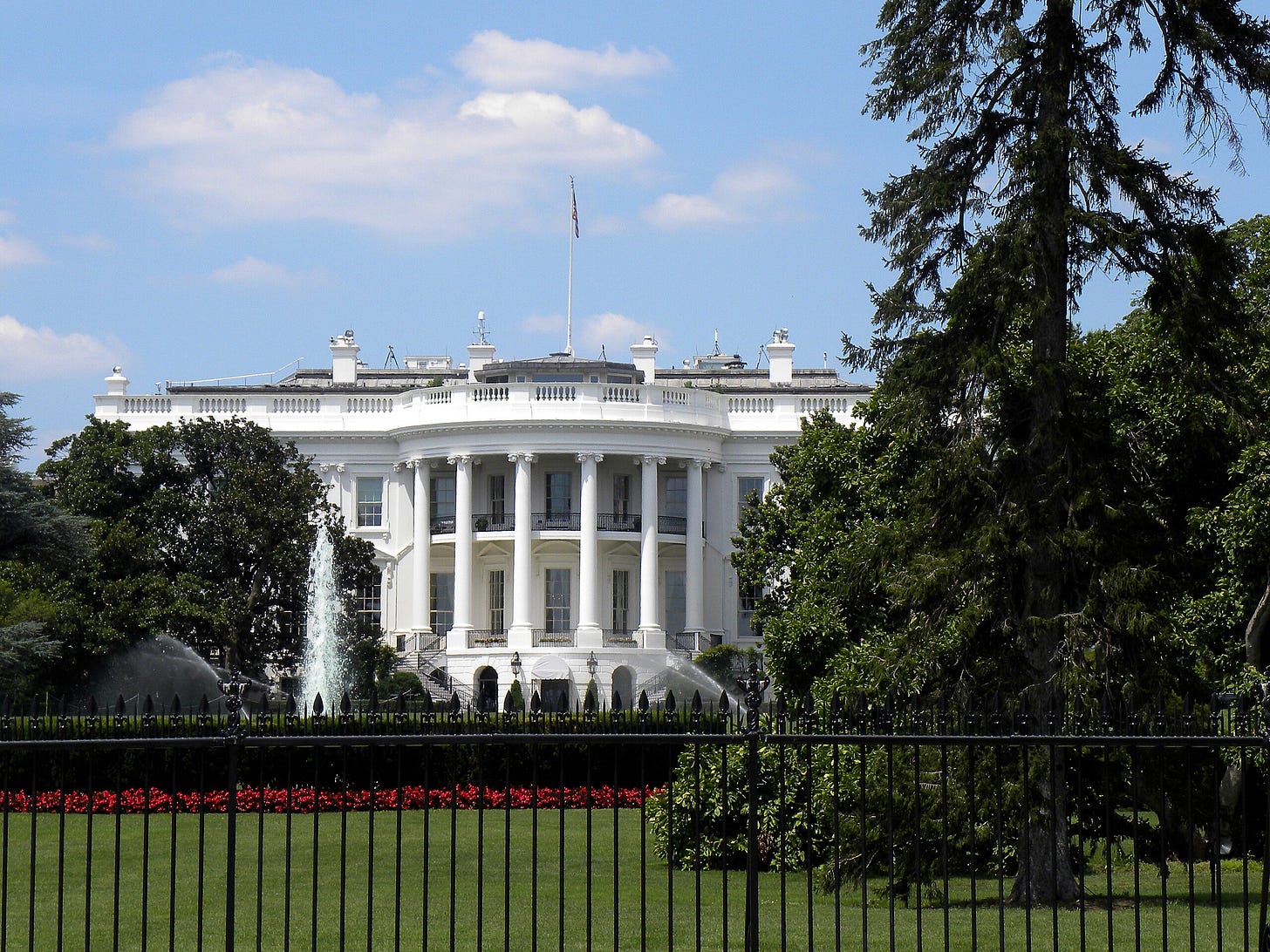International media protest US plan to limit journalist visas
The policy would threaten global reporting about America, they say.
News organizations worldwide are responding to a proposal by the US Department of Homeland Security that threatens deep cuts to working visas for foreign journalists.
More than 100 media organizations from Europe, Asia and North America have called on Washington to withdraw the plan, which, if enforced, would reduce the amount of time foreign correspondents may stay in the US to 240 days, down from the traditionally permitted 5 years. Journalists have a specific category of visa, called the I-visa.
A letter initiated by the Geneva-based European Broadcasting Union (EBU) and signed by 118 news agencies, print and broadcast organizations says accredited foreign journalists do not pose a threat to US national security, and warns that the proposed visa cuts would leave a news vacuum about the United States that could be filled by organizations with negative motives.
By spending years, not months, on the ground, journalists gain the deep knowledge, trusted networks and contextual immersion needed to explain America to global audiences. This serves a critical US interest: ensuring that America’s policies, culture, and leadership are clearly and accurately communicated to international audiences in their own languages.
The proposal to limit visas to 240 days would disrupt this proven system, create instability for correspondents and their families, and reduce the quantity and quality of coverage coming from the US.
That risks leaving the world less informed about American news and current affairs. Rival nations and powerful adversaries will waste no time in filling the resulting vacuum with narratives about the US that serve their own interests before the truth.
We recognize the importance of national security and visa integrity, but the proposed change will not advance these priorities.
The group also urged Washington to maintain America’s long-held values of freedom of expression and freedom of the press.
The USA has always stood for openness, freedom of expression and a strong, independent press. Restricting foreign media access risks undermining that legacy because it emulates countries where press freedom is near extinct. That would damage, not enhance, America’s global standing.
It is not the first time journalists’ visas have been in the crosshairs of President Donald Trump’s White House. His first administration proposed similar cuts to journalists’ visas in October 2020. They were not followed through.
The Department of Homeland Security has posted its proposal online and asks for comments by September 29.
The EBU, which describes itself as “the world’s leading alliance of public service media,” represents organizations in 56 countries. The organization’s call was joined by the Brussels-based International Federation of Journalists, which represents more than 600,000 journalists in 146 countries.
Elizabeth Wise is a former correspondent for The Associated Press and The Economist Group.



